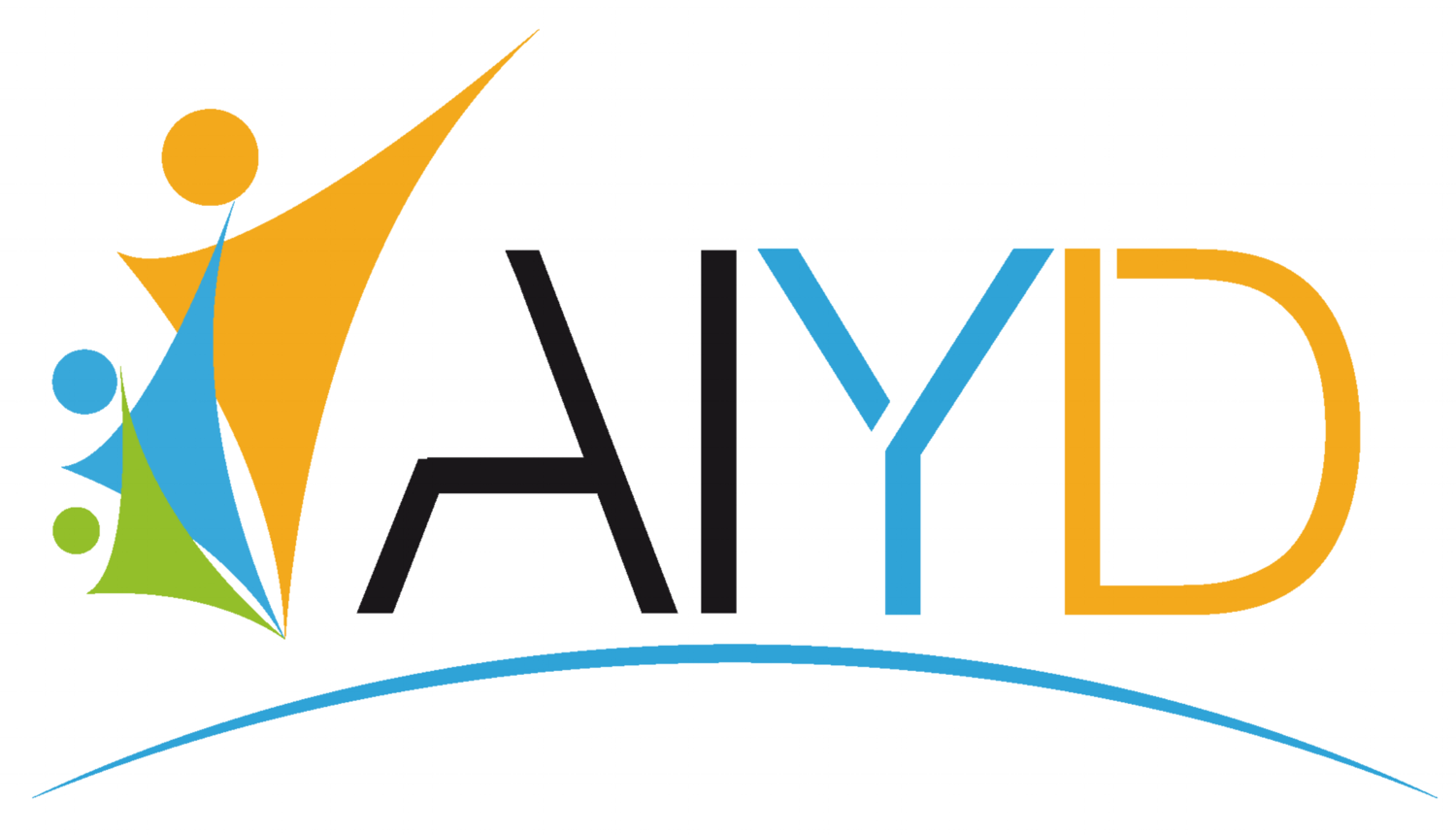AIYD promotes effective policies and programs and advocates for resources to support youth worldwide
Mission
Our mission is to promote effective policies and programs and advocate for resources that support youth worldwide.
Our Shared Approach to youth Development
All young people have the right to contribute directly to the policies and programs that affect their lives. To ensure that policies and programs meet youth’s needs, across all sectors of youth development, we regard young people as essential leaders, partners and implementers, not just recipients.
Young people are assets in the political, economic, social and cultural development of their countries. Positive youth development means recognizing youth as assets and focusing our collective resources on tapping into young peoples’ energy and realizing their full potential.
Youth policies and programs must reflect the diverse needs of young people. Accounting for contextual and cross-cutting factors such as age, gender, disability, conflict, and culture is essential and must be reflected in the programs and policies we implement with young people worldwide.
Our impact is greater when we work collectively. Youth comprise half of the world’s population. Consequently, the scope and complexity of youth development work requires partnerships and collaboration to achieve the necessary scale of impact, and ensure best practices are widely understood and shared. We engage as a community of practice to foster knowledge development, collaboration and innovation across the field of youth development. We believe that everyone has a critical part to play: the public and private sector, civil society, thought leaders and researchers, and above all, young people themselves.
Invest in young people, now. Just as advocacy must be linked to knowledge and demonstrated impact, policies must be matched with action. We use our collective voice to call for policies and programs that:
Broaden and create new opportunities for young peoples’ access to basic life skills, education, and training that prepare them for the world of work and ease barriers to social and economic independence.
Ensure youth who are not in school for any reason have access to developmentally appropriate second chances to secure the education and life skills that will help them succeed.
Promote young peoples’ full participation in civic life through inclusive approaches that enhance their voice in policy and service delivery.
Include youth as decision makers and develop their capacity as leaders and positive contributors to their community.
Account for the diversity of young people and reflect a clear understanding of these unique needs as they relate to gender, disability, conflict, and country-specific context.

